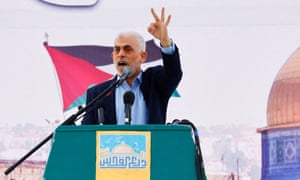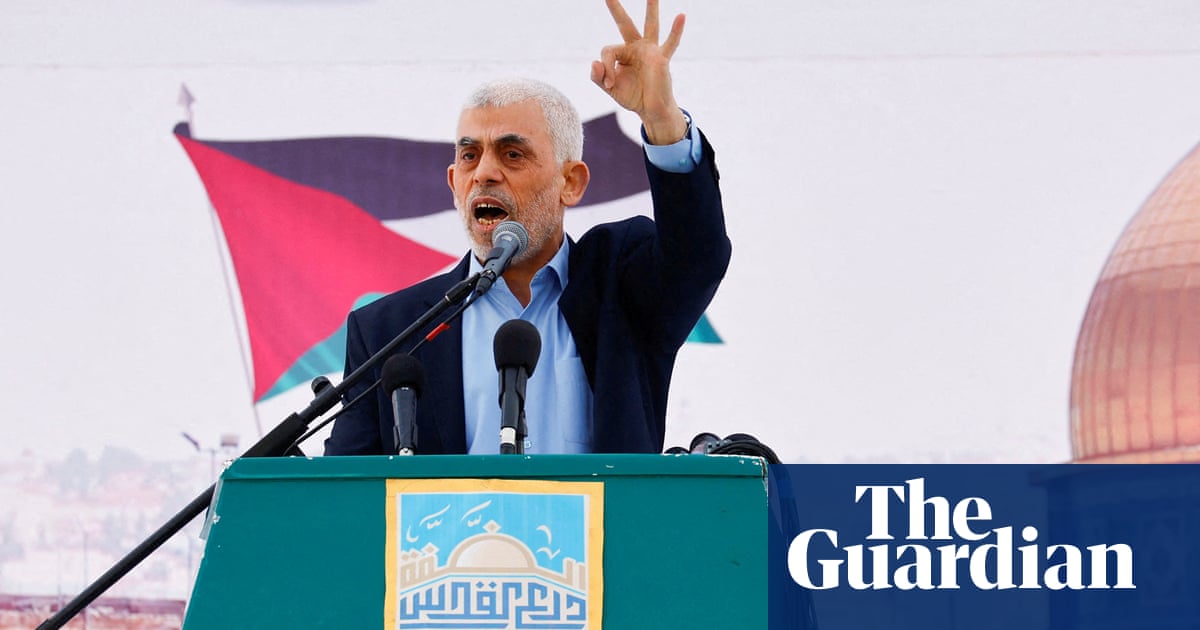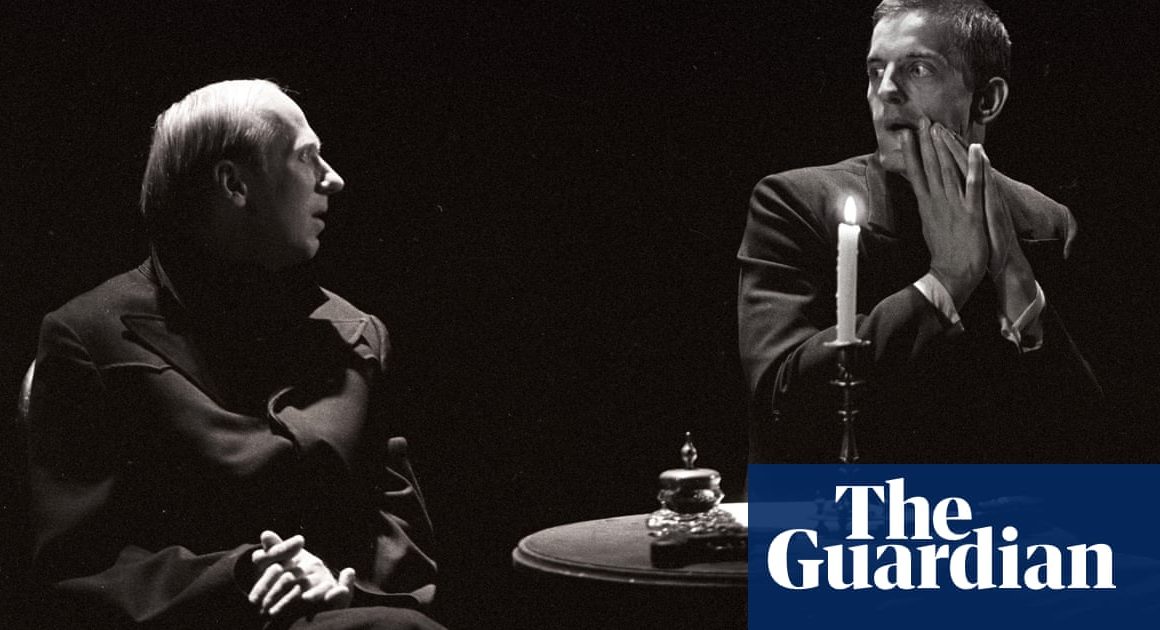Since the beginning of its war in Gaza, Israel has been hunting one man in particular – Hamas chief Yahya Sinwar. Described as the mastermind behind the 7 October attack on Israel, he was believed to be hiding deep underground. There were glimpses of him early on, in the tunnels under Gaza – a hostage in her 80s came face to face with him one day, and on 10 October he showed up on Hamas security footage – but nothing more substantial.
For a year Israeli soldiers have used drones, radar and ground troops to try to find him, while above him in Gaza the death toll among Palestinians grew unimaginably in the heightened conflict he helped to ignite. Then, finally, came the news he had been killed.
Julian Borger, the Guardian’s world affairs editor, explains how Sinwar came to rise up the ranks of Hamas as an enforcer, known for his brutality against Palestinians who stepped outside the group’s rules. He explains how, when Sinwar was jailed for 22 years in Israel, he used the time to learn Hebrew and discover as much as he could about the country. And Michael Safi hears how Sinwar later planned 7 October, apparently in the hope it would lead to a regional war.
Michael asks what the death of Sinwar means for Gaza, Hamas, Israel and the wider Middle East. And could it mark the beginning of the end of the conflict?

Photograph: Ibraheem Abu Mustafa/Reuters
Support The Guardian
The Guardian is editorially independent.
And we want to keep our journalism open and accessible to all.
But we increasingly need our readers to fund our work.
Support The Guardian












